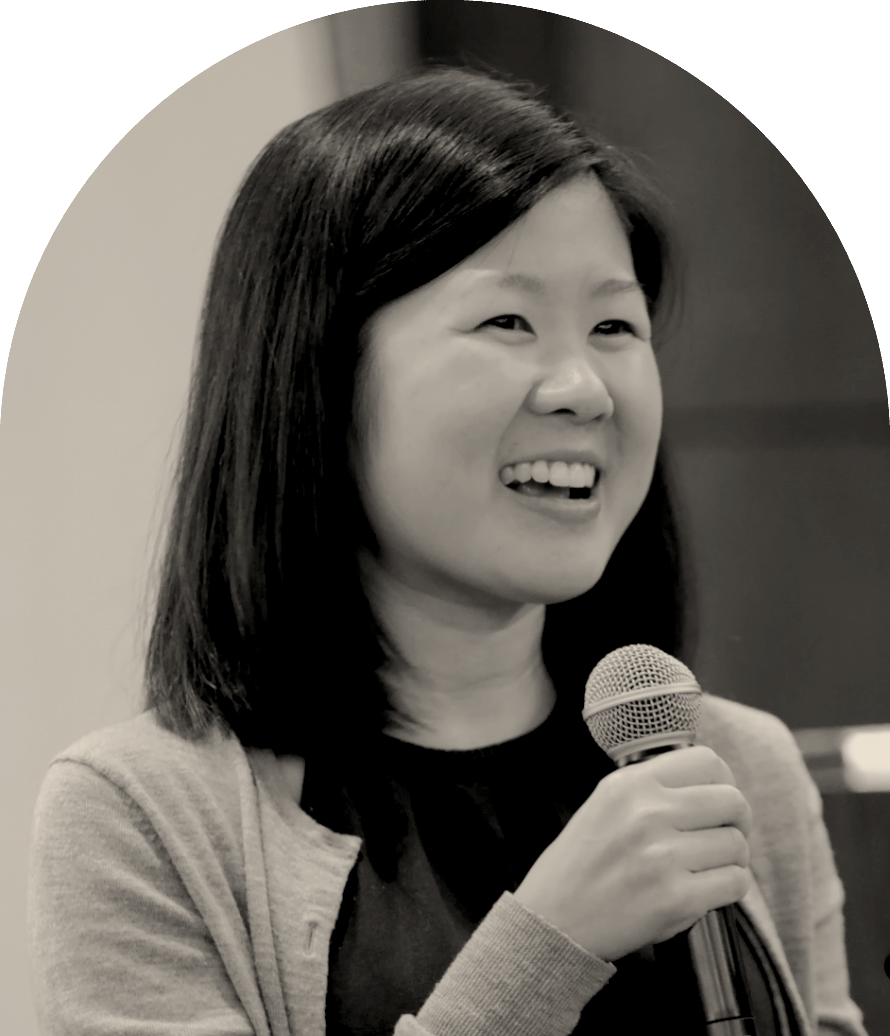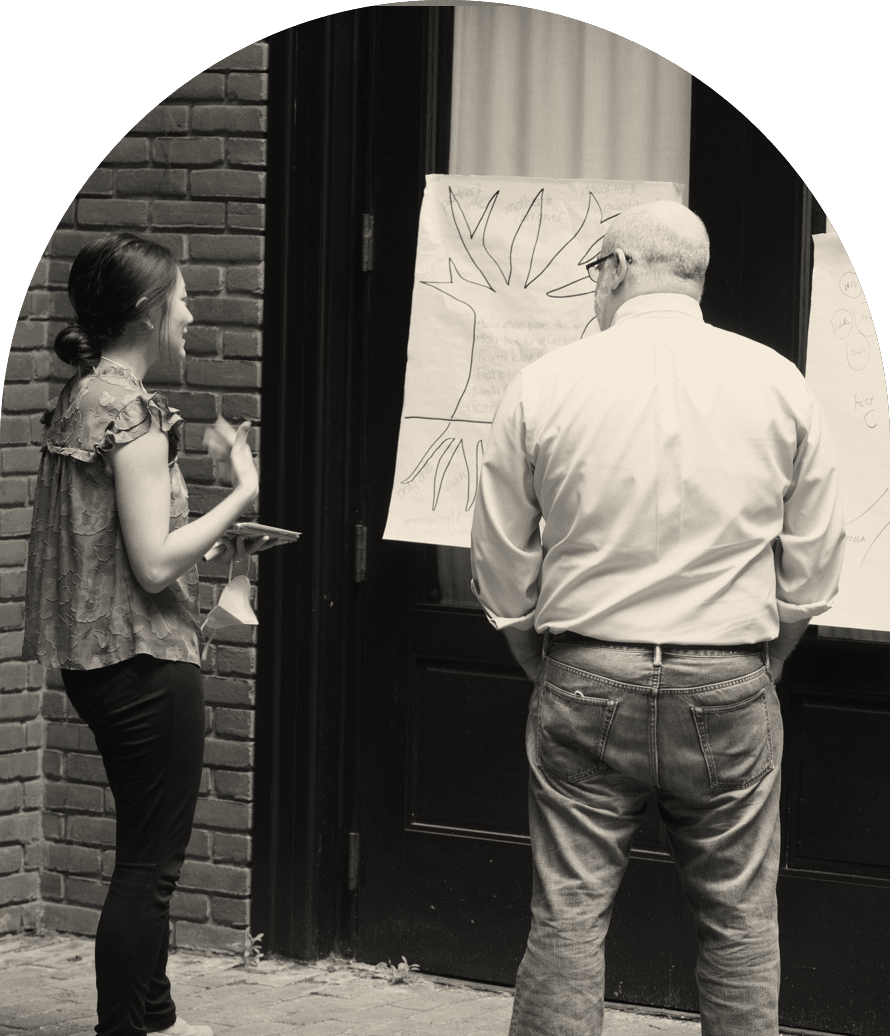At Bellwether, we envision a future where all young people have access to an equitable and excellent education, and live lives filled with opportunity. We envision an education system that is effective, equitable, and responsive.
We’re a nonprofit that partners with leaders and organizations across the education sector — from school districts to charter management organizations and foundations to nonprofits — to deepen and accelerate their impact, and to develop and amplify the insights, innovations, and ideas necessary to move our sector forward.
Forward Thinking.
Forward Moving.
\‘BEL-‚weth- r\ noun; A leader of a movement or activity; also, a leading indicator of future trends.
Our commitment to equity for young people drives us to find solutions to the challenges facing our education system. We support clients and partners through strategic and academic advising, program evaluation, and policy research analysis and advising.
Here’s how we can collaborate:
Accelerating Your Impact
Program evaluation, policy research, strategy development, and more
Beta
Beta is where we jump-start bold solutions to structural problems
Focus Areas
Our resident experts have deep insights into what works across several issues
Our Story
Bellwether is a national nonprofit that exists to transform education
What We’re Learning
A critical part of our work is sharing what we’re learning to shape a better education system. Our insights come from working directly with partners and conducting research into deep and systemic challenges facing our sector.
We envision an education system that is
We envision an education system that is
Effective, Equitable, and Responsive

Who We Are
We’re a passionate and viewpoint-diverse team with experience leading education organizations, advising teams across the public and private sectors, and generating leading-edge research. We’re mission driven and visionary. We’ve previously served as teachers and educators, school and district leaders, policymakers, government officials, and founders. We reflect the broad diversity of the education sector and bring a deep understanding of the critical and evolving issues that education practitioners face. We apply that knowledge every day in partnership with clients and more broadly to help lead the field toward a more equitable future.

Customized Approaches, Lasting Solutions
Whether it’s forecasting policy trends, partnering to build a school district’s five-year strategic plan, evaluating the effectiveness of an after-school program, identifying solutions to education’s thorniest challenges, or amplifying the best of the work happening across our sector, we tailor our support to meet clients’ needs. This makes our work uniquely customized and durable.

Our Impact
We work with organizations that share our commitment to equity, envision a dramatically better education for all, and meet young people where they are — regardless of identity, circumstance, or background — to deliver exceptional support that ensures students are prepared for a life of purpose and opportunity.
We look ahead to help point the field and our partners forward. Our urgency, expertise, and dedication create opportunities for our clients — and improved contexts and conditions for young people across the country.
Amplify Your Impact
Bellwether’s approach to partnership is rooted in collaboration. We’ll work alongside you every step of the way and be a trusted resource to push your thinking, support your organization’s strategic growth, develop research and insights that move the sector forward, and amplify your impact.


